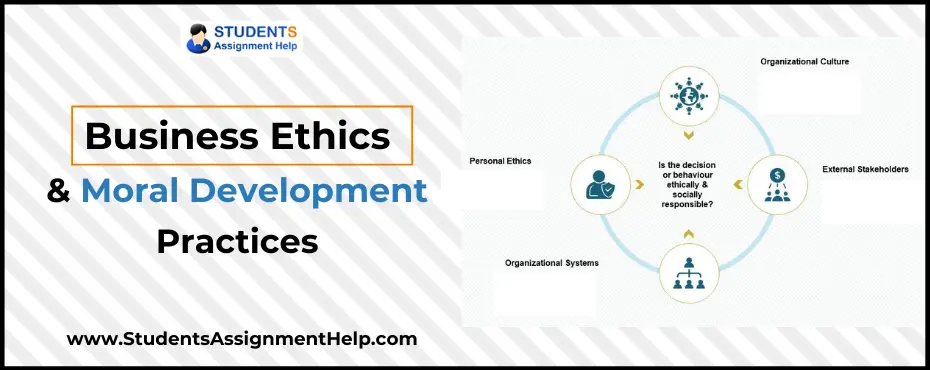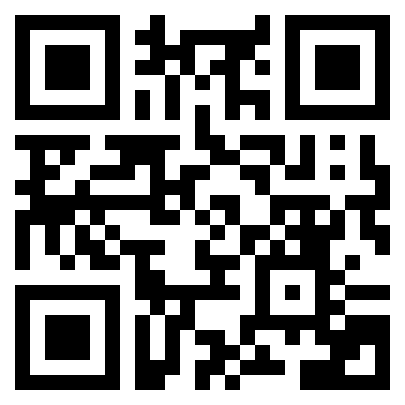Business Ethics and Moral Development Practices

Introduction
The solution of any critical and dilemmatic conditions depends heavily upon the decision made by individuals. The Business decision making can be understood as relative phenomena which depend heavily upon different crucial external environmental factors such as cognitive learning and surrounding environment. In the life of a human being there are a number of different incidents and events, where he has to make different decisions. There can be different factors that can cast direct or indirect impact over the instinct of a human being to make a decision especially in the conditions of an ethical dilemma.
In the context of this discussion, the prime quest of the paper is to ascertain the factors that can affect the choice of the individual where is has to make any ethical decision (Nelson & Quick, 2007). For the purpose of reflecting the scenario in the most effective manner, a hypothetical situation has been taken into account within the paper. As per the situation, an accounted is encouraged to inflate the expense account for the purpose earning more. In this situation, the accountant is required to make decision regarding his choice. The paper aims to reveal that whether it is the moral development of a human being or cultural values of the organization for which he works, which can affect his choice and decisions in critical and ethically dilemmatic conditions.
Buy high-quality essays & assignment writing as per particular university, high school or college by UK, USA & Australian Writers
Ethical Dilemmatic Condition and Response of Human Being
Ethical dilemmatic conditions can be better defined as situations in which, the human being is in the two state of mind. On one hand there is a choice which is viable on ethical grounds, while on other hand, there is choice which is not ethically correct but can fulfill the requirements of the person. In such condition, the decision of the human being can be affected due to different factors like his cognitive moral development and surrounding cultural values (Sims, 2002).
As per the personal opinion, all the acts and decisions made by the human being are quite affected due to his learning from his surrounding environment. As per the views of Sims (1994) a person’s instincts and decisions can be considered as the reflection of what he has learnt from the surrounding society. All the things or practices, a person observe, affect his understanding and personal views regarding any ethical issues. It depends on the cultural values of the society whether a thing or action of the society is ethical or not. Owing to this reason, the cultural values of the person are the major determinants of his actions taken at the time of ethical dilemma.
In the support of this, Hellriegel and Slocum (2008) have also stated that as per the definition of ethics, all the practices and views, which are considered positive and quite aligned with the cultural belief of the society, can be considered as ethical practices and views. In this way, it can be considered as cultural values of the surrounding society can affect the ethical viability of any actions as well decision. In regard to this, a person is required to understand the cultural and working norms of the surrounding society before having any decisions and practices (Hellriegel & Slocum, 2008).
The cognitive understanding and learning of the individual cast some intensive impact over the personal views regarding situation. The moral development of a human being since from his early childhoods shapes his personal point of views regarding a particular situation or ethical dilemma. However, it can be reflected that apart from the moral development, there are different other factors that play a decisive role in the conditions of ethical dilemma. The impact of cultural values of the society in which the person lives or the organization in which, the person works can be considered as one of the major determinant factors in the context of taking decision in critical situations (Rest & Narv, 1994).
There is condition in which, an accountant of the organization is encouraged to inflate the expense account of the organization so that overall earning and profit can be manipulated. From the perspective of an accountant it is his moral and professional ethics to present accurate information in the financial accounts of the organization. However, in the influence of the external factors, sometimes, it becomes quite essential for the business organizations to manipulate is financial accounts in its favor and adopt practices such as inducing inflation in the expense accounts (Nelson & Quick, 2007). Although from the ethical perspective this practice is not aligned with the professional ethics of an accountant, yet from the perspective of organizational culture, this practice is viable and effective for the success of the organization in existing highly competitive business environment.
In this way, it can be considered that this situation is the situation of ethical dilemma in which the accountant has to make decision whether he should select the option of inflating the expense account or he should present the expense accounts of the company as it is without any manipulation. The decision of the accountant in this condition can be affected quite intensively due to the cultural background and practices prevailing within the organization In regard to this, if the organizational culture considers these all the practices viable and ethical, there would not be any issue or dilemma in adopting practices related to the inflation of expense account of the company. In contrast to this, if the culture of the organization imposes the employee to have proper and effective as well as ethically viable practices, the adoption of such types of practices will not be easy for the employees of the organization (Nelson & Quick, 2007).
In direction to this, it considered that moral development of an individual can affect his thinking and cognitive behavior. However, some crucial external environmental factors such cultural practices, and learning from external society and work place. at the workplace, there are a number of different critical factors such as ideology of the organization, values and principals adhered by the company, practices followed by colleague and other employees of the organizations and personal needs of the individual that induce the human being to mould his behavior according to the situation (Rest & Narv, 1994). In this way, the arguments made in the entire discussion, it can be reflected that although the behavior of the human being gets affected quite intensively due to the cognitive moral development, yet still influence of the external factors such as surrounding societal norms and organizational culture can be considered quite critical and effective for the individual.
Flexible Rates Compatible With Everyone’s Budget
Hire a Professional Essay & Assignment Writer for completing your Academic Assessments
Conclusion
The presented discussion made in the paper has focused on the factors that can affect the decision of the human beings for the purpose of revealing solutions of a specific ethical problem faced by the business organization. In regard to this situation, the paper has focused on the situation in which, an accountant is induced to inflate the expense accounts of the company and the accountant is stuck in the situation whether he should undertake the practice related to inflate the account or he should present the account without manipulating them. On the basis of the analysis of the entire discussion made in the paper, it can be concluded that along with moral development of the human being since from the early childhood of the human being, the culture of the organization can be proved quite critical that induce the individual to take any critical decisions in ethical dilemmatic conditions. In this way, the entire paper can be summed up by reflecting that in the ethical dilemmatic conditions it is the surrounding organizational culture that can affect the decision and perception of the human being.
References
Ferrell, O.C. & Fraedrich, J. (2010). Business Ethics: Ethical Decision Making & Cases. Cengage Learning.
Hellriegel, D. & Slocum. J. (2008). Organizational Behavior. (12th Ed). Cengage Learning.
Nelson, D.L. & Quick, J.C. (2007). Understanding Organizational Behavior. Thomson/South-Western.
Rest, J.R. & Narv, D. (1994). Moral Development in the Professions: Psychology and Applied Ethics. Psychology Press.
Sims, R.R. (1994). Ethics and Organizational Decision Making: A Call for Renewal. Greenwood Publishing Group.
Sims, R.R. (2002). Managing Organizational Behavior. Greenwood Publishing Group.



